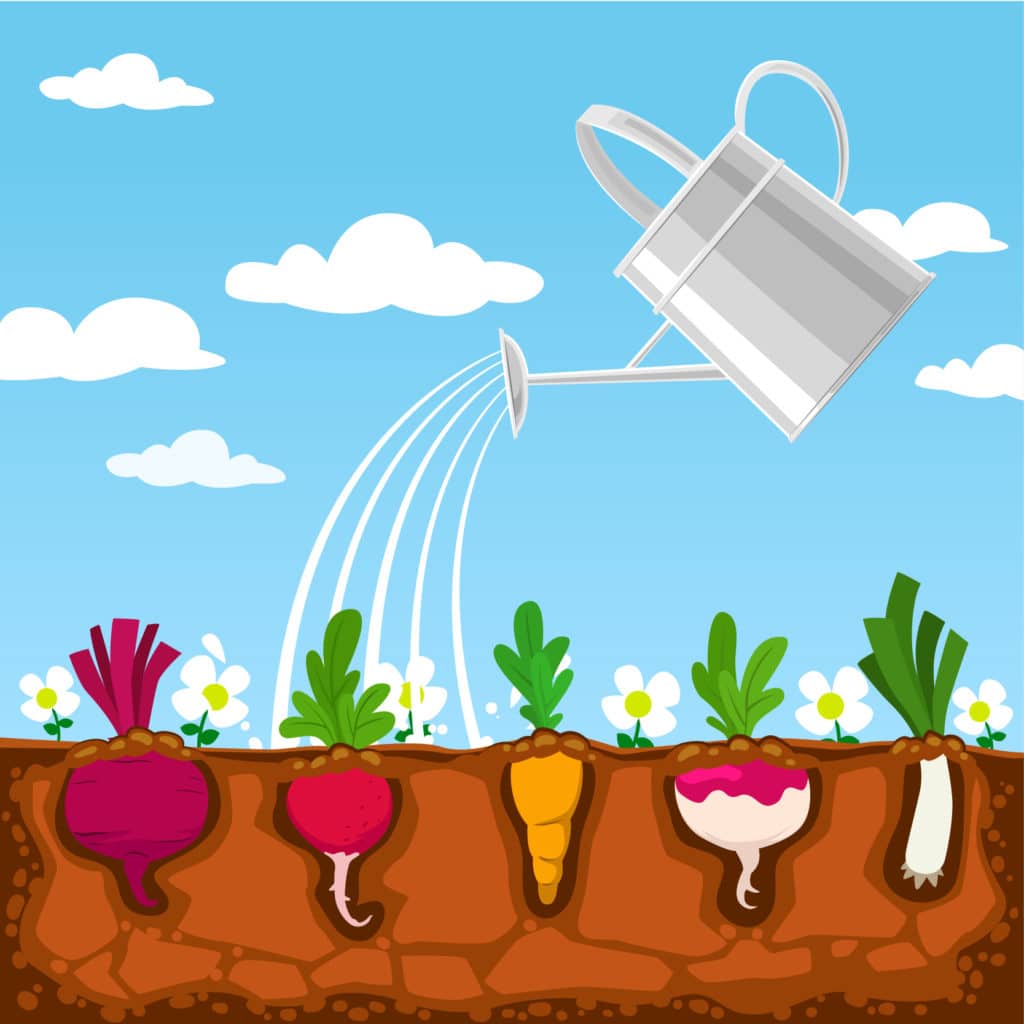What comes to mind when you hear the words self-care? The concept of self-care has been trending for the past several years and its meaning has shifted significantly during this time. For some people, self-care may mean taking a warm bath or reading a good book. For others, self-care feels selfish and unnecessary.

Let’s explore how self-care can be unique to each of us, expel some of the myths of self-care, and discuss how there is no “right way” to care for yourself.
Myths of Self-Care
Self-care has been equated to self-indulgence and a focus on luxurious forms of caring for oneself. In some cases, self-care has shifted focus towards following health trends and contributed to a growing market of products that promote “looking good and feeling good”. Now, I am not saying that self-indulgence is not a form of self-care, but in recent times, self-care has been confused with the “treat yo’self” attitude that is prevalent in today’s society.
There is a stark difference between self-indulgence and self-care, and it lies in the intention of the action. For example, going shopping and engaging in some retail therapy can be a form of self-care. But if we are engaging in this activity as a form of avoidance and/or spending money we cannot afford, it will likely be more harmful for our health in the long run. Self-care requires an intentional effort to nurture our body, mind, and spirit.
Another myth about self-care is that everyone needs the same amount, or that there is a “right” way to care for yourself. It is important to identify the things in your life that nourish you and the ones that drain you.
Imagine your life as a garden and you as a watering can. All of the areas that you invest time and energy into (e.g. work, friendships, family, relationships, obligations) are the flowers and plants in your garden. You regularly water your plants to keep them alive but how do you maintain your own water source?
I use the above metaphor to explain how it is important to take care of yourself in order to care for others, and for the areas of your life that are important to you. Occasionally it may rain and your watering can will be filled up. However, when there is a drought (also known as a stressful period) your flowers may need more water, and you may not have the resources to give.
Running on an empty watering can may lead to burn-out, which can contribute to anxiety, low mood, and poor health overall.
So How Do You Fill Up Your Watering Can?
Self-care can be anything you do that nourishes you, and this varies for every person. Something that is nourishing for one person can be draining for another. It is impossible to do self-care perfectly and by trying to do so may actually be counter to caring for yourself. Self-care can show up in very small ways and requires intention and practice.
There are so many small things we do for ourselves that we may not realize is self-care, for example: wearing the clothes we like, eating the foods we enjoy, sitting in the car and listening to your favourite music, and being able to express how we feel to others.
In addition to maintaining our health with proper sleep, nutrients, and exercise, the key to self-care is being intentional and mindful of when we are doing it. When we acknowledge that we are caring for ourselves then we can make more time and space for its importance.

individuals to invite such feelings in and to remind themselves of the “watering can metaphor.” In order to support others and nourish the individual areas of our lives, we need to be able to take care of ourselves first.
Self-care is a continuous process and is never “completed”. It is changing your lifestyle to accommodate time to take care of your mental, physical, and emotional wellbeing, in order to benefit yourself and those around you.
Below is a list of self-care activities that can be done in as short as 10 minutes:
- Watching or reading something funny
- Spending time with loved ones
- Taking breaks from routine life tasks
- Engaging in play
- Wearing the clothes you like to wear
- Listening to your favourite song
- Driving the “long way” home and taking the scenic route
- Going for a 10 minute walk
- Eating foods that are delicious and nourishing
- Being kind to yourself with self-compassionate statements
- Cuddling with a cozy blanket
- Engaging in activities you are passionate about, even if not traditionally restful
- Doing things because you want to – feeling empowered to say “no” if it’s too much
- Spending time alone
- Booking an appointment to see a therapist or other mental health professional
To find out what self-care looks like for you and to develop a mental health plan, I invite you to reach out to me. Until then, get your care on!
This post was written by Veronica Li. To learn more please visit her therapist profile, or use our online booking system to make an appointment.

